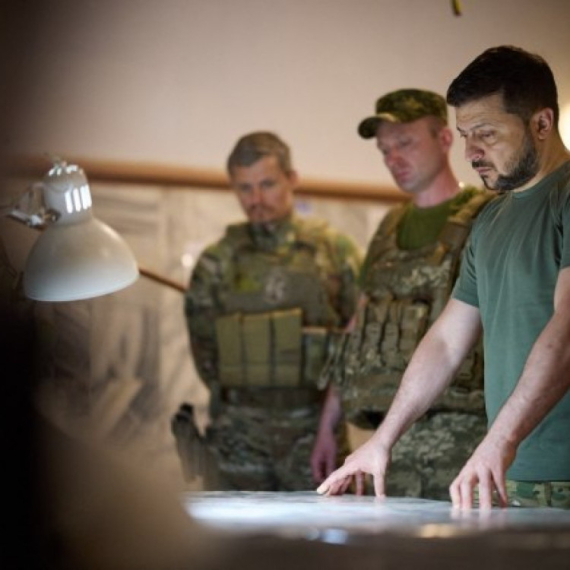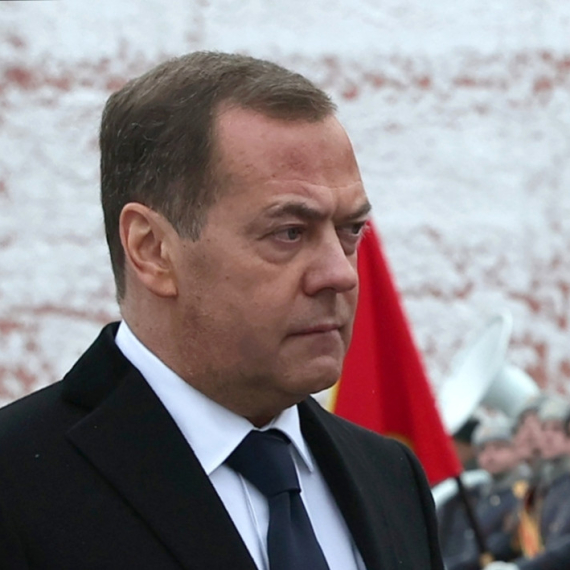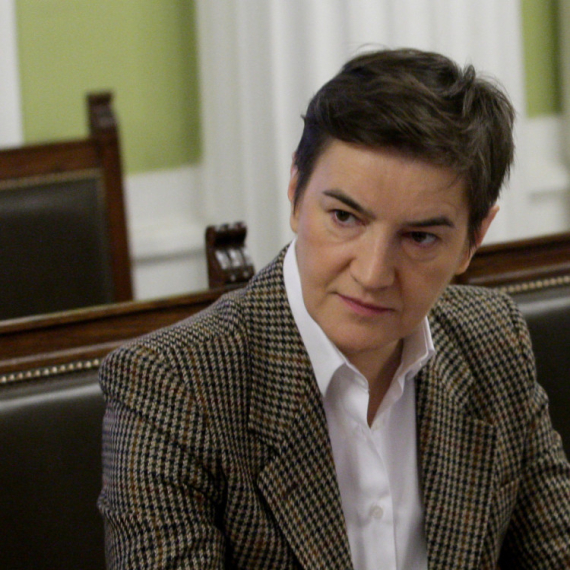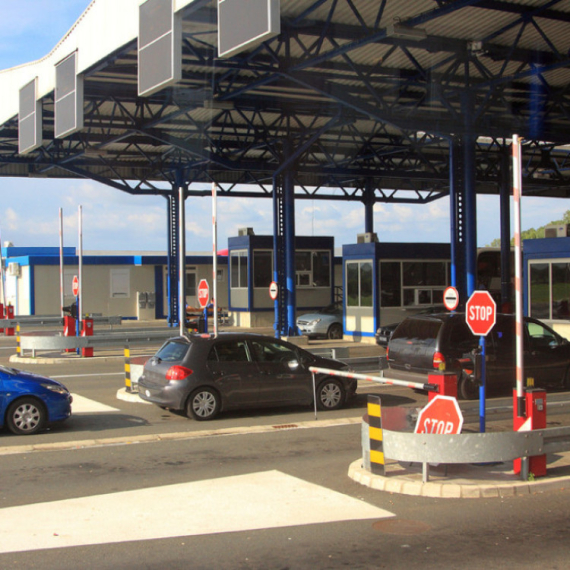Early elections not good for economy, deputy PM says
Serbia's Deputy PM and Trade Minister Rasim Ljajić has said that early elections in 2013 would not be good for the Serbian economy and reforms.
Thursday, 03.01.2013.
11:46

BELGRADE Serbia's Deputy PM and Trade Minister Rasim Ljajic has said that early elections in 2013 would not be good for the Serbian economy and reforms. However, he did not rule a possibility of them taking place. Early elections not good for economy, deputy PM says Ljajic said that early elections might be produced by a situation in the country, although at this point he did not see a real cause that might explain for a need of calling them. “We need to have a more stable political system. This is why I once proposed to reduce the number of seats in parliament,” he told Belgrade-based Pink TV. Ljajic, who is also chairman of the National Council for Cooperation with the Hague Tribunal, said that Serbia maintained a regular communication with the court because there was interest in the technical cooperation, or a regular correspondence and submission of documentation. He explained that a letter he had sent to the UN secretary general and the Hague Tribunal had produced a “somewhat more optimistic reply” concerning the option of Serbia's citizens convicted in The Hague serving their sentences in Serbia. “Now we are told for the first time that they will send to a commission (to Serbia) to determine the situation in our prisons,” Ljajic concluded. Rasim Ljajic (Tanjug, file) Tanjug
Early elections not good for economy, deputy PM says
Ljajić said that early elections might be produced by a situation in the country, although at this point he did not see a real cause that might explain for a need of calling them.“We need to have a more stable political system. This is why I once proposed to reduce the number of seats in parliament,” he told Belgrade-based Pink TV.
Ljajić, who is also chairman of the National Council for Cooperation with the Hague Tribunal, said that Serbia maintained a regular communication with the court because there was interest in the technical cooperation, or a regular correspondence and submission of documentation.
He explained that a letter he had sent to the UN secretary general and the Hague Tribunal had produced a “somewhat more optimistic reply” concerning the option of Serbia's citizens convicted in The Hague serving their sentences in Serbia.
“Now we are told for the first time that they will send to a commission (to Serbia) to determine the situation in our prisons,” Ljajić concluded.



























































Komentari 0